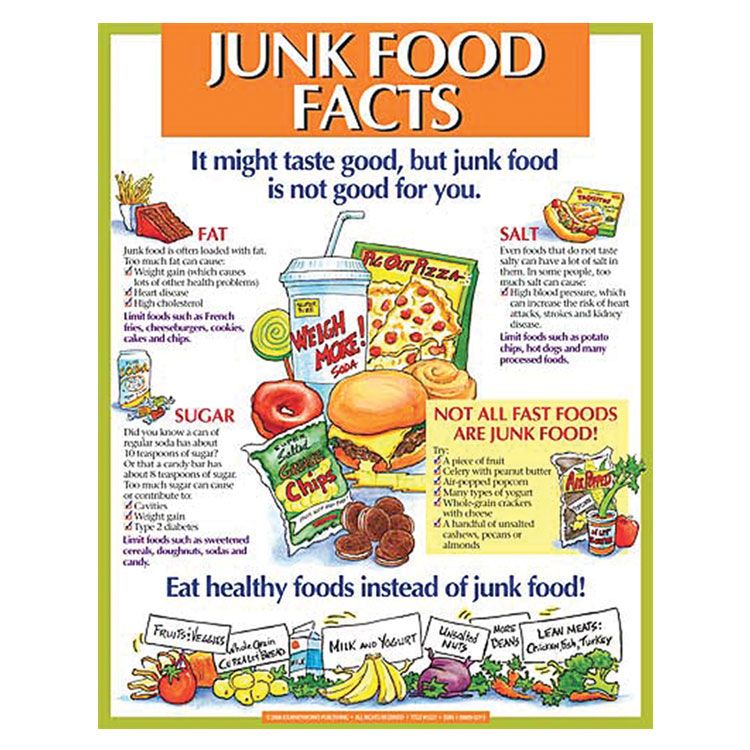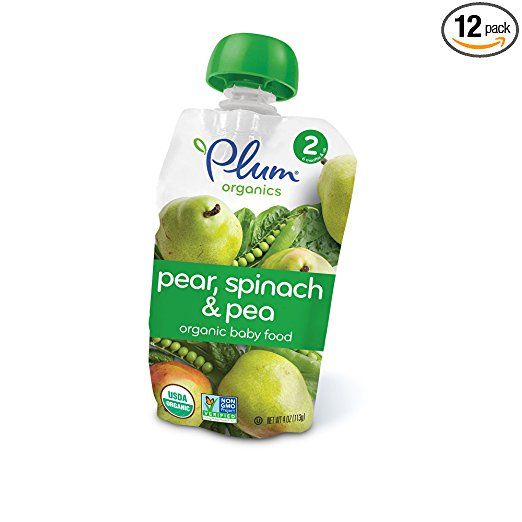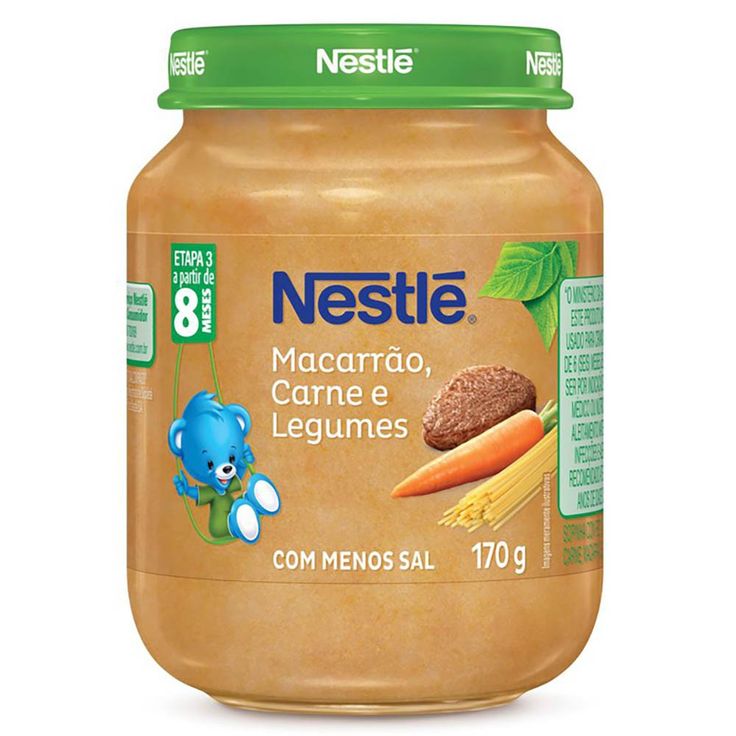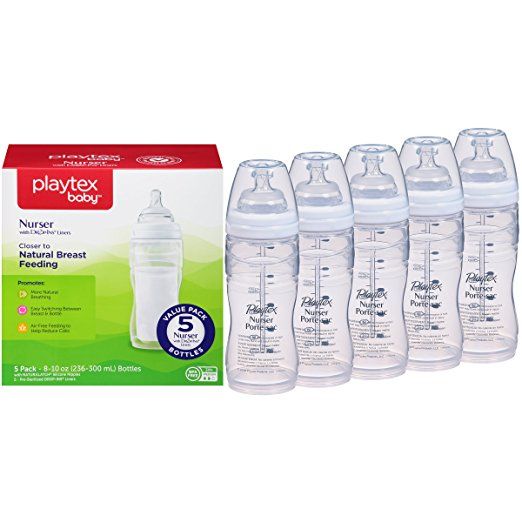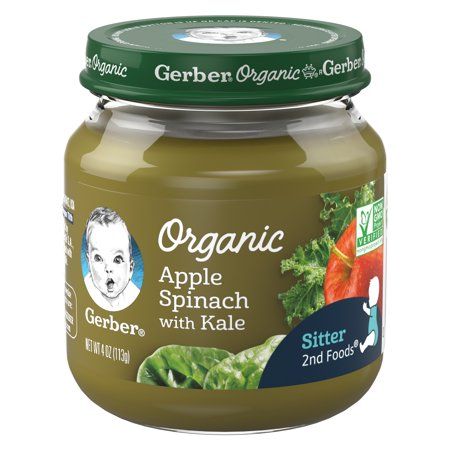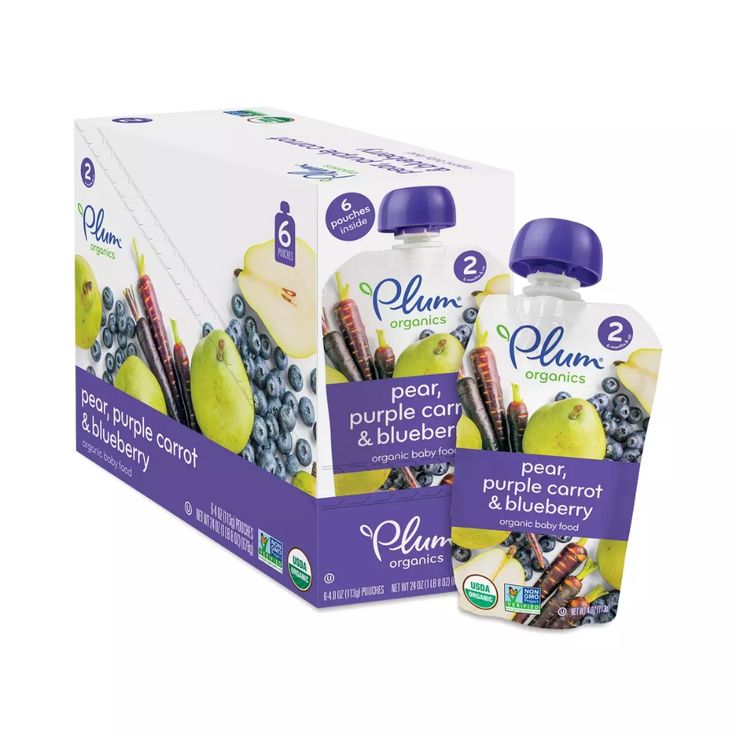Can i put butter in baby food
Butter for Baby: Benefits, Drawbacks, and More
If we’re honest, we really can’t argue with the catchphrase “Butter makes everything better.” Anyone who’s ever eaten butter dolloped on a baked potato, spread atop a blueberry muffin, or whipped into sweet buttercream frosting can attest to the magical richness of this delicious fat.
But butter isn’t exactly a health food. Its high calorie count and saturated fat content place it in the “sometimes” category of food choices for adults.
Still, while we grown-ups may want to limit our butter intake as part of a balanced diet, do babies need to exercise the same restraint in the face of a flaky croissant or buttery cake? Baby and adult nutritional needs are different — but when it comes to butter, just how different?
Here’s what you need to know about babies and butter.
Aside from the rare possibility of a dairy allergy, butter is safe for babies.
A pure fat, it provides around 100 calories, 11 grams of fat, virtually no protein, and 0 carbohydrates per tablespoon, according to the U. S. Department of Agriculture (USDA).
Its fat content — which we’ll discuss in a sec — can contribute to baby’s healthy development in several positive ways.
Plus, because of its smooth, creamy texture, butter doesn’t pose a hazard for choking in infants (whew!). As long as it’s spread thin or incorporated into other smooth foods, it should go down quite easily.
The American Academy of Pediatrics (AAP) states that you can introduce baby to a wide variety of healthy solids around 6 months of age or when your little one shows signs of readiness.
You don’t have to follow any particular order of which food groups to introduce and when.
While butter might not be among the very first foods you debut on the high chair tray — and you’ll probably want to serve it on something, rather than as a solo pat — kids should be developmentally ready for it at 6 months old and beyond.
Just keep in mind that to spot food allergies or adverse reactions in your child, it’s best to limit your introductions to one new food at a time.
When you’re ready to get started with butter, try serving it with something your child has already sampled.
Believe it or not, butter offers some health benefits for young children, though your baby can be perfectly healthy without eating it, too. And limiting fat intake isn’t recommended for most babies and toddlers, so that shouldn’t be a concern.
Then there’s butter’s satiation factor. Not only does the fat in butter help keep baby bellies full, its high calorie count can be an advantage for kids who need to put on weight (though this is rare in babies). If you’re concerned about your little one’s weight, talk with their doctor about the possible need for extra calories.
Butter is also a surprising source of vitamins. (Who knew?) One tablespoon contains 400 international units of vitamin A, as well as small amounts of vitamin D, vitamin E, vitamin B12, and vitamin K2, according to the USDA.
Finally, the real star of butter’s benefits for babies might be its fat content.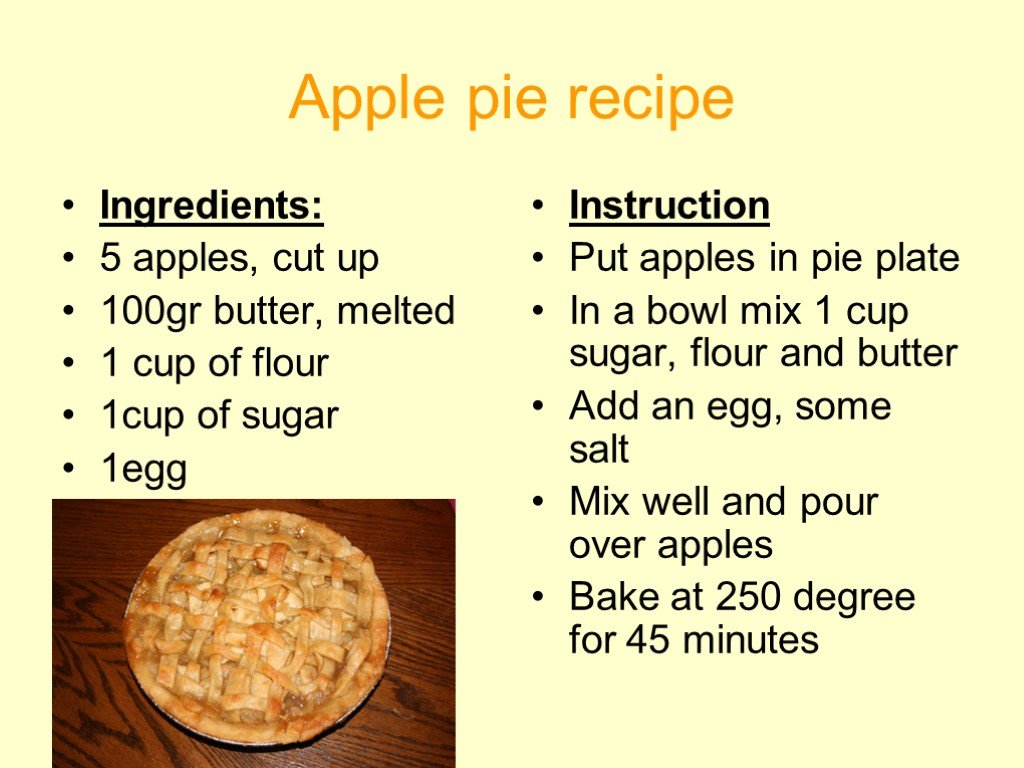
For decades, research (like this 1999 study) has shown the important role fat plays in babies’ neurological development and brain function. Getting enough each day from nutritious sources is a critical piece of the puzzle for infant brain health.
Like anyone else, babies aren’t immune to the delicious charms of butter — so it’s possible that your little one could overdo it on the creamy fat.
According to the AAP, certain conditions may call for cutting back the saturated fat in your child’s diet.
Parents of children with overweight, at risk of overweight, or with a family history of heart disease or high cholesterol should speak with their pediatrician or registered dietitian about the possibility of limiting saturated fats, as in foods like butter.
Another buttery pitfall for little eaters: If too much fat fills up their tummies, they may not have an appetite for other nutritious foods. Keep butter servings moderate to help your child leave room for fruits, veggies, whole grains, lean proteins, and other building blocks of a balanced, nutritious diet.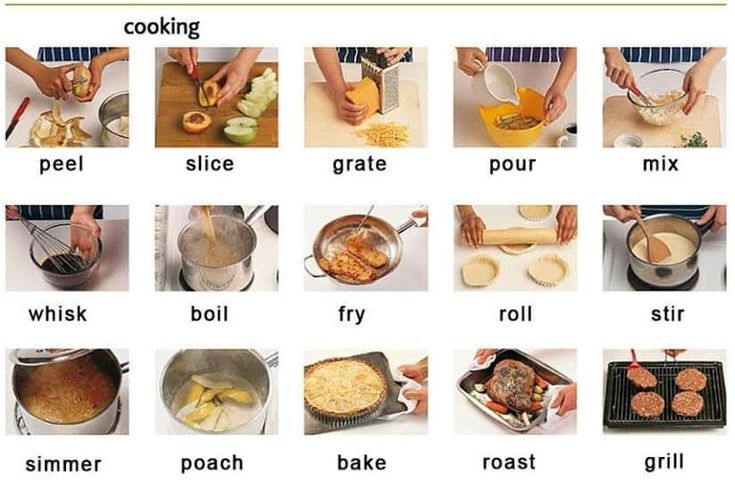
Margarine enjoyed a heyday back in the 1970s and 1980s, when the prevailing nutritional wisdom ran that dietary fat was a leading contributor to excess body fat. And it’s true that margarine, made from vegetable oils, contains less fat than butter.
However, the hydrogenation process often used to create margarine produces trans fats, which have been linked to increased risk of health issues like inflammation and heart disease.
To prevent the formation of trans fats, some margarine producers instead use a production method called interesterification, but the health effects of this process are debated.
As for feeding margarine to your baby, just note that any type of margarine is a highly processed food. Processed foods aren’t all bad — and you’re certainly not a bad parent if your kiddo eats them sometimes — but in general, the more whole foods you can offer your child, the better.
Because of all the benefits of fat for infant development, experts give babies a major green light on this macronutrient.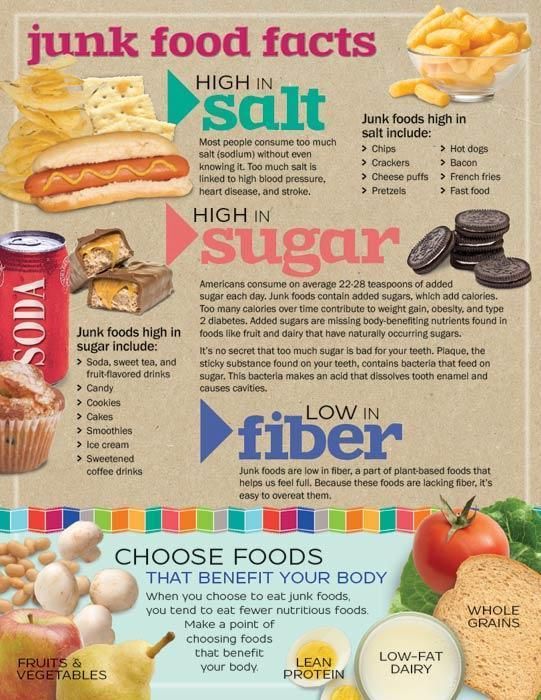 Until kids reach the age of 2, the AAP advises not restricting fats in their diet.
Until kids reach the age of 2, the AAP advises not restricting fats in their diet.
In fact, babies and toddlers should get about half their daily calories from fat. Since 1-year-old babies need around 1,000 calories per day, this means 500 calories can come from fats (totaling about 56 grams of fat per day).
Of course, not all these fat grams should come from butter. You might begin with a 1-teaspoon serving of butter for your baby. (And be sure to offer fats from a variety of other nutritious sources, such as nut butter, avocado, olive oil, and fatty fish.)
Much of a baby’s fat intake may come from breast milk, formula, or — if they’re over 1 year old — whole milk.
For such a simple product, butter can come with head-spinning variety. When shopping at your local grocery store, you may wonder which of the numerous butters in the dairy case is best for your baby.
When budget allows, consider opting for organic butter. Not only are organic farming practices more environmentally friendly, they result in foods that may lessen your child’s exposure to potentially harmful pesticides.
Butter made with cream from grass-fed cows’ milk is another great (though sometimes pricey) choice.
Research from 2019 shows that grass feeding may improve the nutrition of cows’ milk, boosting nutrients like omega-3 fatty acids and conjugated linoleic acid. However, the health benefits aren’t clear.
Butter can make its way into everything from fancy soufflés to long-simmering risottos. If you’re cooking these for your family, there’s no need to leave the butter out of your little one’s portion.
And if your child’s doctor really suggests looking for more ways to add butter to their diet, you can try these simple serving ideas:
- Add a small amount of butter to cooked vegetables (especially those with a bitter flavor, like spinach, broccoli, or Brussels sprouts).
- Make toast points for baby by spreading butter on toasted whole wheat bread, sliced into quarters.
- Use butter as a base in creamy pureed soups like potato, tomato, or cream of mushroom (cooled down to avoid scalding baby’s mouth).

Some foods are tougher than others to introduce to your baby — but your little one isn’t likely to have a hard time accepting butter. (We’re betting there’ll be no need for the “Here comes the airplane” game here.)
In addition to its rich flavor and creamy texture, butter can even provide health benefits for your growing kiddo’s body and brain. Keep portion sizes moderate and let your high chair diner develop a taste for this delicious fat.
How to Add Oil or Butter To Baby Food to Boost Baby's Health
Do you add oil or butter to baby food when feeding your baby? If not, then think again!
When making baby food, we usually put together different vegetables, herbs, and possibly some meat or fish. Then we mix it with breast milk, formula, or water for the right consistency. The result is – hopefully – a yummy dish for your baby, but a very low-fat one.
Good or bad? Actually… not so good.
Here we will explain why adding oil or butter to baby food is a great way to promote your baby’s health and development.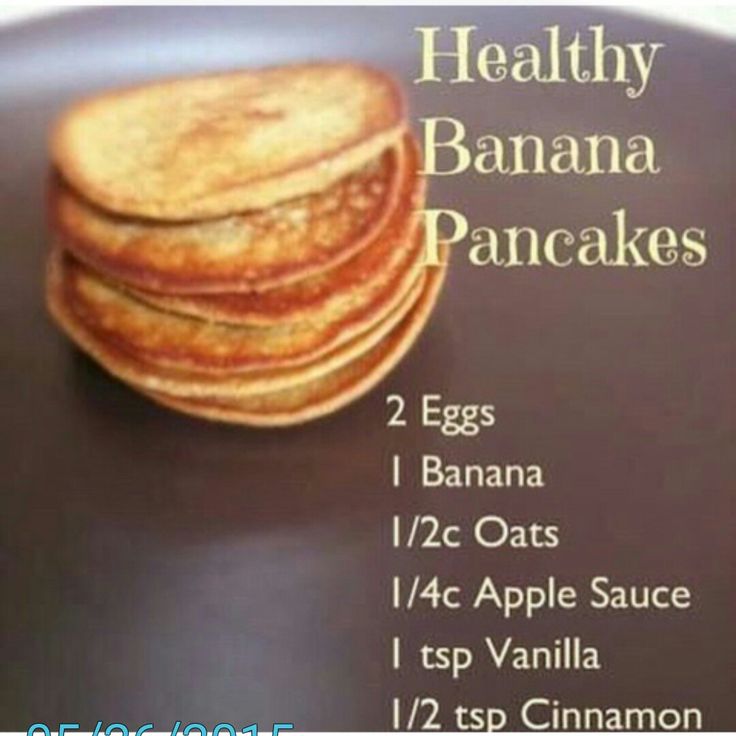
- Why Babies Need Fat
- What Fats To Choose
- How Much Butter Or Oil To Add To A Baby’s Food
- What About Obese Babies
- What About Skinny Babies
Why Babies Need Fat
Fat is very important for your baby’s physical development. His or her growth and brain development are supported by a high-fat diet since the fat helps to build a myelin sheath around the nerves in the brain and spinal cord. This myelin sheath creates insulation for the central nervous system and hence makes it possible for the nerve pulses to travel rapidly and efficiently.
Breast milk has a high-fat content; some 4% and comprises of Omega 3 fats such as DHA and AA – very healthy.
However, if you could take out all the water of breast milk, the remaining substance would be around 50% fat. Quite a lot! So, as you can see, fat is an extremely important part of a baby’s diet.
If you make your own baby food without adding fat, the fat content will often be a lot less than 4%. If you start with solid foods early, or you do not add oil or butter to baby food that you cook, your baby may not get enough fat for optimal development.
If you start with solid foods early, or you do not add oil or butter to baby food that you cook, your baby may not get enough fat for optimal development.
Interestingly, despite the fact that baby food may contain less fat than breast milk and formula, several studies show that babies who are introduced to solids foods early are at a significantly higher risk of becoming overweight as pre-schoolers compared to children introduced to solid foods after the age of 4 months.
Low-fat baby food is not a way to keep your baby at a normal weight.
What Fats To Choose
Now, what type of fat should you choose to add? Oil, butter, margarine? Several types of oil, as well as butter, are excellent choices! Margarine, on the other hand, is best avoided, and I’ll soon explain why.
Olive oil is well-known to be healthy, especially if using extra-virgin (organic) oil.
Olive oil contains a high degree of monounsaturated fats, as well as fatty acids that are present in breast milk and helps promote your baby’s growth.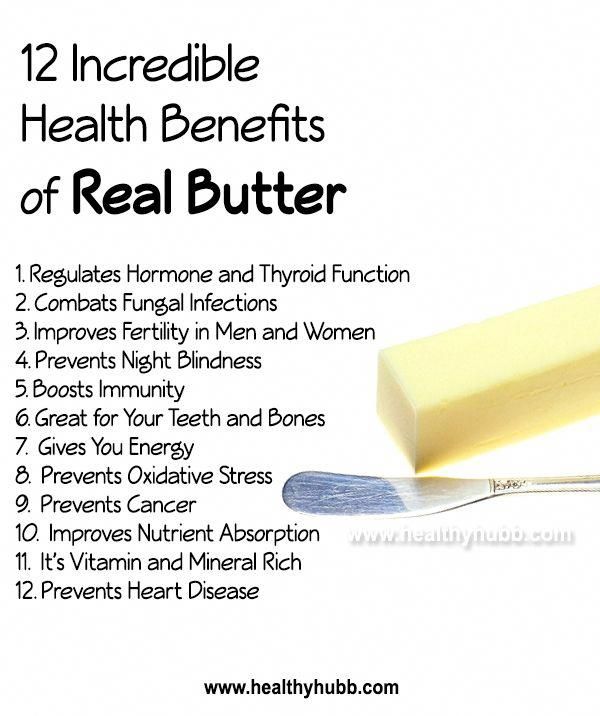 It also contains several important vitamins, such as A, B, C, D, E, and K.
It also contains several important vitamins, such as A, B, C, D, E, and K.
(Read about the benefits of different vitamins for your baby here.)
Coconut oil (again virgin, organic) is growing in popularity, due to its composition. Coconut oil has a large content of medium-chain fatty acids, just like breast milk. Both breast milk and coconut oil are rich in lauric acid, which promotes immune defense.
There are other healthy oils too, but olive oil and coconut oils are good, well-documents oils to start with for your baby.
Just make sure you sure extra-virgin, and preferably organic oils, if you can afford it. (Virgin oils are a must if you want the oil to be healthy for your baby.)
Adding butter to baby food is a great option too.
Butter is very nutritious, provides necessary fat and cholesterol, along with Vitamin A, CLA, and essential fatty acids.
You should stick to unsalted butter, preferably organic, as salt can tax a baby’s kidneys, and organically produced butter will not contain the added hormones/drugs that are given to cattle raised in standard conditions.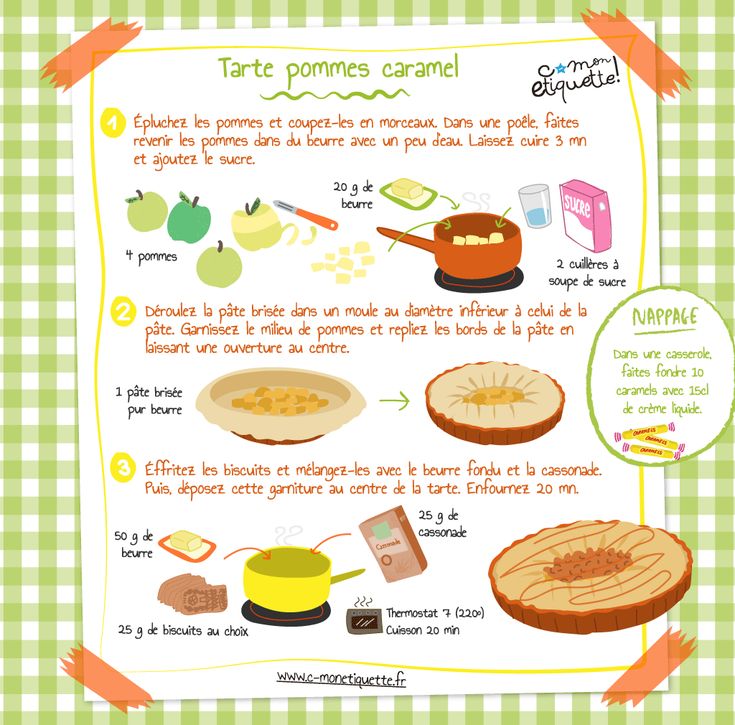
Also, if possible, use butter from grass-fed, rather than grain-fed, cattle, as grass-fed butter will contain significantly higher amounts of vitamin A and CLA and will have a better Omega-3 fatty acid profile.
If you are worried about the milk protein content of butter, you can relax. Butter does not normally contain large amounts of milk proteins, so it should be minimally allergenic.
If the baby tolerates milk-based formula (or if the mother breastfeeds and includes dairy in HER diet), the baby is not likely to have an allergy or sensitivity to milk protein.
Then how about margarine? Avoid it! Margarine is made through a chemical process which makes it solid, ut also makes it full of trans fatty acids, preservatives, and chemicals. Yikes!
How Much Butter Or Oil To Add To A Baby’s Food
Assuming that a baby portion is around 2 oz, you can add around 0.5-1 teaspoon of oil or butter to one serving.
Since frying food is not recommended for babies, you can add oil or butter to baby food after boiling or steaming the food. That way the healthy vitamins, minerals, and fatty acids will not be destroyed by the heat.
That way the healthy vitamins, minerals, and fatty acids will not be destroyed by the heat.
What About Obese Babies
When is a baby obese, or overweight enough for the parents to worry?
It is a tricky and sometimes sensitive question.
Many babies are downright fat during their first few months of living, especially if fully breastfed. But once these babies start moving around and combine breast milk with solid foods, they often shed off the baby fat quite rapidly. And that is all good. Babies that are really chubby on breastmilk is nothing to worry about at all.
It is more worrying if an older baby starts gaining weight rapidly all of a sudden. But before worrying at all, consult your baby’s doctor! You should not start experimenting with your baby’s diet before talking to a pediatrician.
Now let’s say that your baby or young toddler really is overweight. Does that mean that you should cut down on fat? Actually no. At least not as a first-hand option.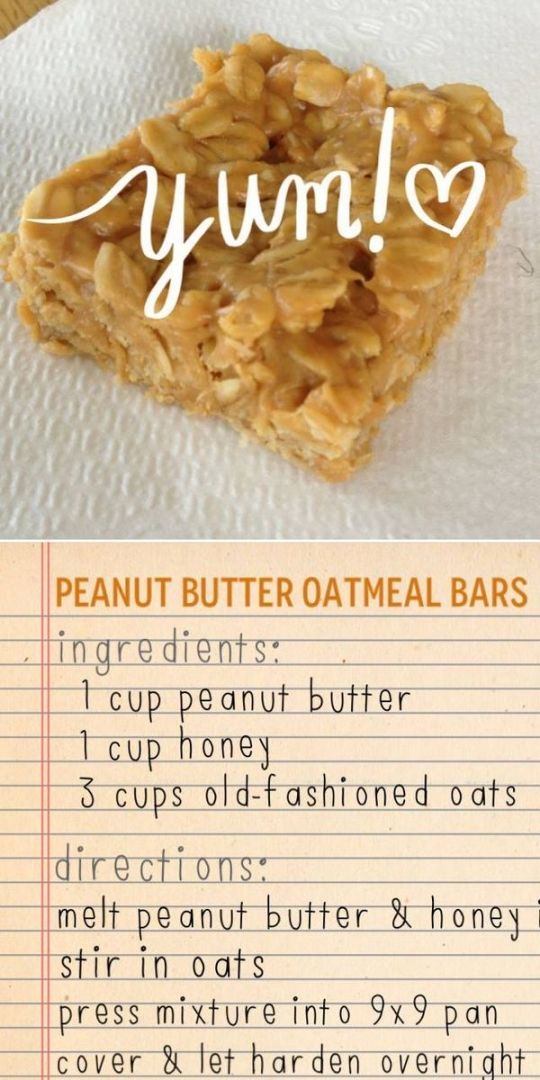 What you should cut down on is sugar and simple carbohydrates, such as white flour, fast food, and fruit juices.
What you should cut down on is sugar and simple carbohydrates, such as white flour, fast food, and fruit juices.
More and more research confirms that sugar and simple carbohydrates are the real causes of obesity.
They also cause cavities and may lead to malnutrition, since they are practically empty calories (no vitamins, minerals, proteins, or fats that are needed for development).
You should also make sure that your baby gets access to healthy fats, such as the ones described above with medium-chain fatty acids.
Secondly, have fun with your baby! Get down on the floor to play. Chase your crawling baby or running toddler – they usually love it! Or enroll in some fun baby activities together. A perfect way to bond with your baby too.
Third, make sure your baby sleeps enough. You can review this baby sleep schedule and compare with your own child. Lack of sleep is associated with overweight in adults, maybe also in children.
What About Skinny Babies
Many parents worry that their baby is too skinny. We tend to envision healthy babies as chubby. But while there are many established negative health effects of a child being obese, there are very few documented negative effects of being skinny.
So unless you have reasons to believe that your baby is not getting the nutrition he or she needs, or if your baby is falling rapidly through the weigh curves or appears weak or ill, you really don’t have to worry much about your skinny baby.
If your baby is happy and developing normally, just keep up with the healthy foods and add as much oil or butter to baby food you make, as you would to any child.
If your baby has an issue with being too skinny, as confirmed by your pediatrician, you are likely to get dietary advice from the doctor.
Foods that are high in healthy fats are often an excellent source of energy for these children too. Avocado is an excellent veggie to offer your baby in such a case, as is full-fat cheese and yogurt when your baby is old enough.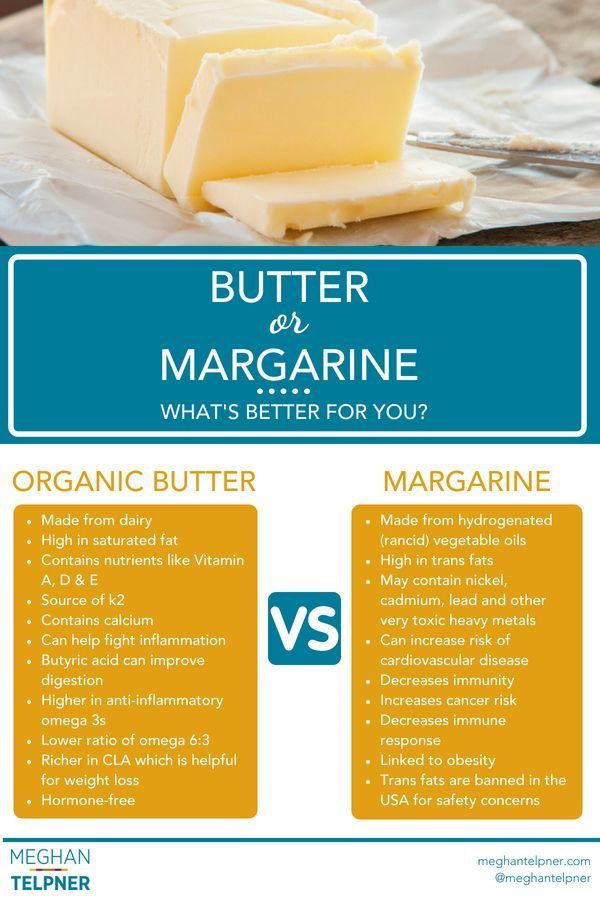
Some pediatricians will also recommend adding oil to the baby’s bottle.
But again, do not try to increase your baby’s weight unless your pediatrician tells you too.
Babies are not unhealthy just because they are tiny or skinny, regardless of what your grandma or neighbor says!
I hope this article has inspired you to stop worrying about doing wrong when adding oil or butter to baby food. It is perfectly safe and even healthy to give the right oil or butter to babies!
Research on Adding Oil or Butter to Baby Food
- The Role of Nutrition in Brain Development: The Golden Opportunity of the “First 1000 Days”
- Baby Formula WIth Fish Oil Added May Help Infants
- Feeding Your Baby’s Brain
More About Feeding Your Baby
- Making your own baby food – It is easy!
- Information about children’s eating habits can be found here.
- And here’s you’ll find tips on how to avoid power struggles at the dinner table.

Feel free to share any thoughts on adding oil or butter to baby food by leaving a comment below! :-)
Share with your friends! :-)
Is it possible to add oil to baby food
— Elena Viktorovna, why add vegetable oil to baby food?
— Fats play a very important role for the body of both a child and an adult.
Some functions of lipids
— The properties of fats depend on the fatty acids in their composition.
— Saturated fats are a good source of energy and cholesterol, which is also needed for the body to function. But unsaturated, in particular, arachidonic (ARA, Omega-6), eicosapentaenoic (EPA, Omega-3) and docosahexaenoic (DHA, Omega-3) acids are very important - they are part of the phospholipids of cell membranes and are involved in the formation of eicosanoids, and therefore, they are of particular importance for the immune and nervous systems. nine0005
— What are the health benefits of vegetable and butter?
- Children under one year old need oil in small quantities.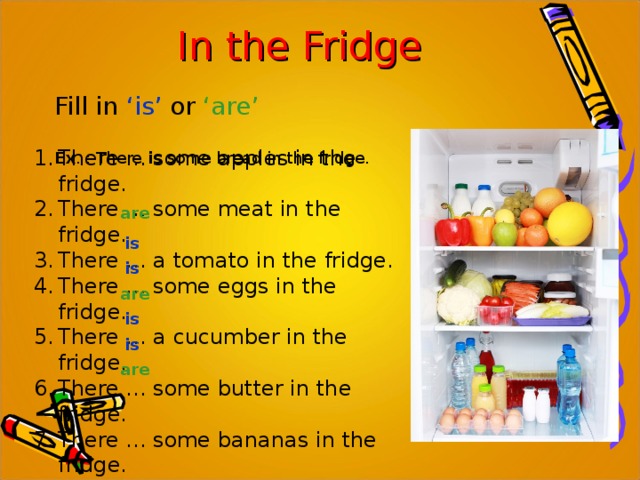 This is an additional source of energy and components that we are talking about. But the main source of fat for the baby will be breast milk or an adapted formula.
This is an additional source of energy and components that we are talking about. But the main source of fat for the baby will be breast milk or an adapted formula.
— Oil in optimal amounts is very beneficial for digestion. It promotes the absorption of fat-soluble vitamins, trains the pancreas; the fat component of food stimulates contractions of the gallbladder. Therefore, in the optimal amount of fats are needed in baby food. nine0005
— What can be the harm of vegetable and animal fats up to a year?
- Their excess in the diet is dangerous, it overloads the biliary tract and pancreas: their enzymatic activity is formed and increases gradually, the baby's body simply cannot cope with the processing of fats.
— How are the fatty acids in infant formula different from those in vegetable oil and butter?
- Formula manufacturers are trying to adapt the fat component of formulas and bring it closer to the fat component of human milk. For example, there is little linoleic acid in cow or goat milk compared to breast milk: it is added from vegetable fats. Palmitic fatty acid is taken from vegetable palm oil or milk fat from cow or goat milk. Also, the mixtures are additionally enriched with Omega-3, -6 polyunsaturated fatty acids. nine0005
Palmitic fatty acid is taken from vegetable palm oil or milk fat from cow or goat milk. Also, the mixtures are additionally enriched with Omega-3, -6 polyunsaturated fatty acids. nine0005
— According to doctors, are there any special indications for adding oil to children's diets?
— Even with insufficient body weight and deficiencies, one must be careful with fats and not exceed their allowable norm in the child's diet, including in the form of oil. Often, parents believe that fat improves the child's stool: supposedly makes it softer. This belief is wrong. As we have already said, excess fat can lead to a malfunction of the biliary tract, which can affect the nature of the stool. nine0005
— Is it true that oil improves the taste of complementary foods?
- Butter, especially butter (milk fat), significantly improves the taste of food. But this perception of the product is more related to the taste preferences of the parents. Taste receptors in children develop gradually and may react differently to food than adults.
— When to add oil to complementary foods?
— According to the National Program for Optimizing the Feeding of Children in the First Year of Life, it is allowed to give oil as early as 4-6 months, that is, with the start of the transition to solid food. But complementary foods themselves do not start with vegetable or butter. The first complementary foods are cereals or vegetable purees in their pure form. After the baby gets to know them, you can add butter to porridge, vegetable oil to vegetables. nine0005
It is better to start with vegetable oil because it has less saturated fat and is non-dairy. The introduction of dairy products is postponed to a later period.
If your child is obese, overweight, or has bile duct problems, you can delay the introduction of oil into complementary foods.
How much oil to give a baby up to a year
- 4-5 months: vegetable oil - 1-3 g, butter - 1-4 g.
- 6-7 months: vegetable oil - 5 g, butter - 4 g.
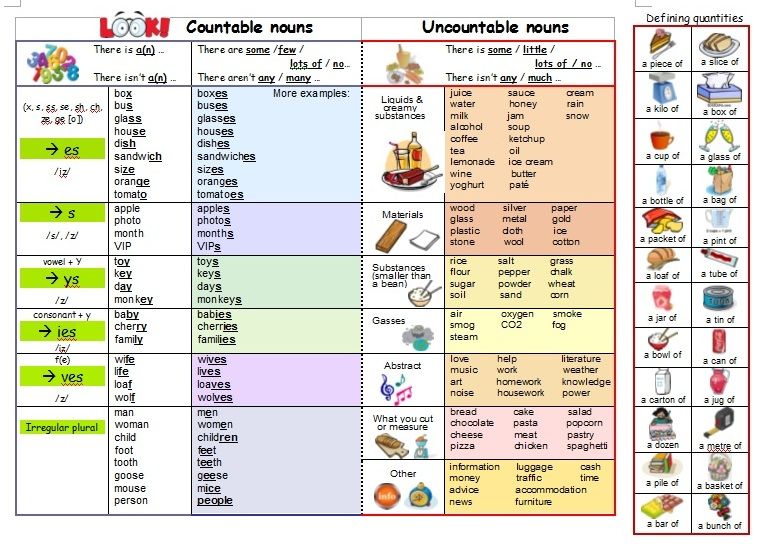
- 8-12 months: vegetable oil - 6 g, butter - 5 g.
Digestive problems in infants with too early introduction of oil
- Violation of the stool.
- Overloading of the pancreas and biliary tract.
- Fat indigestion.
- "The wrong" fats can block other substances, such as calcium.
- Loading the body with cholesterol.
- Violation of the supply of other ingredients. nine0062
- Excessive weight gain.
— What kind of oil to feed the baby?
- Butter, sunflower or olive oil is the best option for complementary foods. Other oils are not recommended for children. It is necessary to be guided by the following principle: the child should eat what his parents often use. These oils are also the most balanced in terms of the composition of saturated and unsaturated fatty acids.
— What to look for when choosing a product? nine0004
— Trust in the manufacturer is important. Choose an oil that is known and used in your family. Product quality is compliance with GOST, satisfactory results of inspections by Rospotrebnadzor.
Choose an oil that is known and used in your family. Product quality is compliance with GOST, satisfactory results of inspections by Rospotrebnadzor.
- If you can find a product for children, then it is better to purchase it. Butter for children is produced taking into account all the requirements for baby food.
- Is there an allergy to oil?
- As with any food component, an allergy can also occur to oil, since it contains traces of proteins from the main raw material. It is for the prevention of violent reactions that a phased acquaintance with complementary foods and the gradual introduction of oil are recommended. If a reaction develops with the use of oil, an allergy can be suspected. Then, after removing it from the diet, the symptoms usually go away. nine0005
If a child is allergic to cow's milk protein, dairy products, including butter, are not introduced to him. You need to use vegetable oils. Butter is given after the expansion of the milk diet. Sometimes there is an allergy to sunflower oil: then a replacement is selected for it, for example, olive oil. If an allergy develops to it, choose a different type of oil.
Sometimes there is an allergy to sunflower oil: then a replacement is selected for it, for example, olive oil. If an allergy develops to it, choose a different type of oil.
Fat is a very important ingredient in baby food. When compiling a baby’s diet, it should be borne in mind that oil may already be added to commercially produced complementary foods. Oil can be gradually introduced into homemade complementary foods in the amount allowed by the National Infant Feeding Optimization Program. But you should always remember that in the first year of life, the main source of fat for a child is breast milk or an adapted mixture. nine0005
* Breast milk is the best food for babies. WHO recommends exclusive breastfeeding for the first 6 months of a child's life and continued breastfeeding after complementary foods are introduced until the age of 2 years. Before introducing new products into the baby's diet, you should consult with a specialist. The material is for informational purposes and cannot replace the advice of a healthcare professional.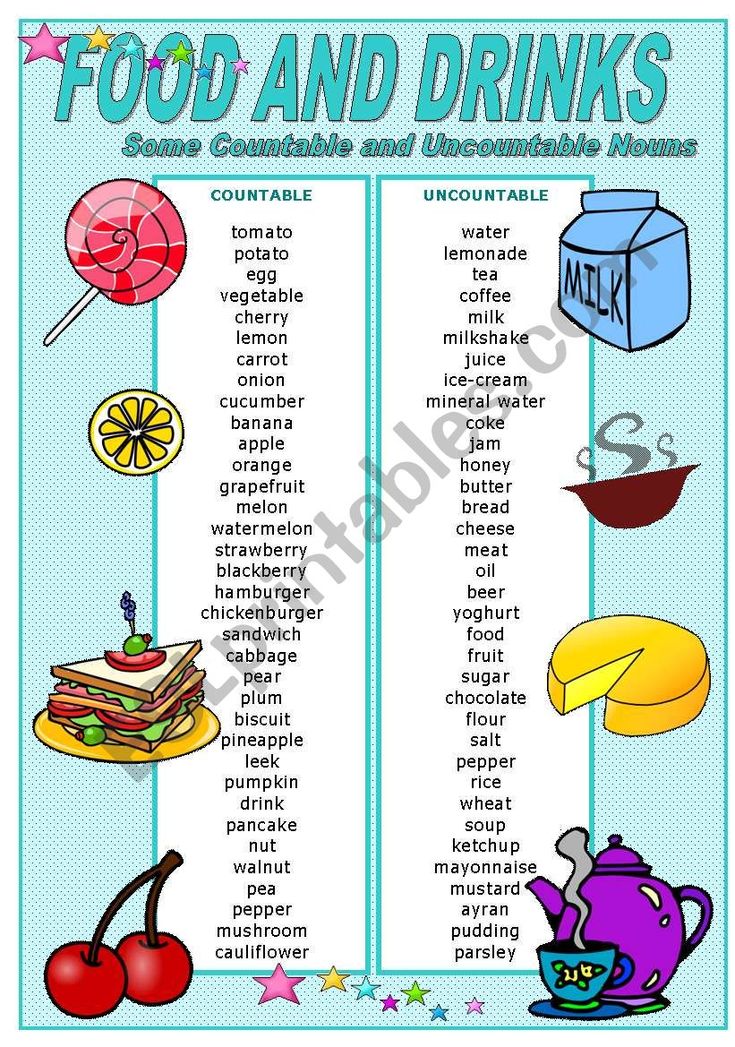 For feeding children from birth.
For feeding children from birth.
Butter for a child: when can I start giving, how much
05/12/2020 34754
Butter is a delicious addition to food. Usually the child eats it with pleasure: in porridge, potatoes or on bread. Can children have butter? nine0010 Can. If you adhere to the norms of its use, then the oil will benefit the baby.
What is in its composition?
Butter contains milk fat, vitamins A, D, K, choline, cholesterol *, **.What role do these components play?
From choline in the body is obtained:
- acetylcholine, which works with the nervous system,
- phospholipids that ensure the development of the brain.

Made from cholesterol:
- Adrenal hormones: eg aldosterone and cortisol. Aldosterone regulates the amount of water and salts in the body. Cortisol is responsible for maintaining energy reserves in the human body;
- cell membranes
- bile acids. With their help, vitamins A, D, E are absorbed.
“Bad” cholesterol becomes for people with impaired metabolism, because the human body itself produces it. When there are a lot of animal fats in food - several times more than the norm - then cholesterol is also harmful.
Milk fat is easy to digest and gives energy to the baby***.
So do not spoil the porridge with butter: the point is in its quantity and the age of your baby.
At what age can a child have butter?
nine0005It is added to porridge starting from 4-5 months ***.
Children may be allergic to butter: it contains cow's milk proteins in small amounts.
The first time, give just a little bit of oil, about ¼ - ½ teaspoon. If suspicious symptoms do not appear: rash, diarrhea, itching, swelling around the mouth, then add it to the porridge the next day.
This is important!
The norm of butter for a child in the first year is 3-5 g per day. nine0005
If your baby is over 1 year old, treat him to a butter sandwich for breakfast. The norm of butter for a child older than a year is 10-20 g per day. This means that you can add a little butter to your porridge and side dish every day, but let's have a sandwich every 3 days ***.
Which children should not have butter?
This oil is not given:- to children allergic to cow's milk protein. Who can not milk, cottage cheese, kefir and yogurt - butter is also impossible. For them, add vegetable oil to the porridge. nine0062
- overweight children. Here are the weight guidelines ***.
